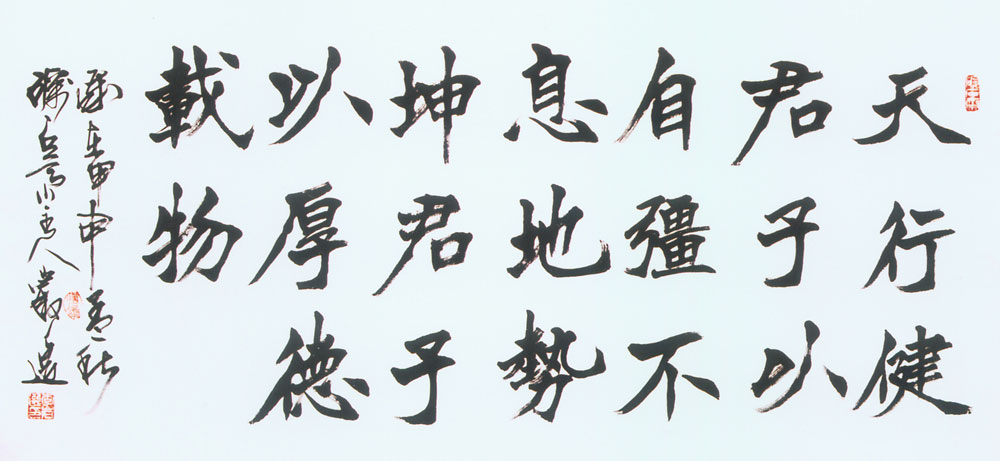12.6 The superior man seeks to menifest the admirable qualities of men, and does not seek to manifest their bad qualities. The mean man does the opposite of this.
-> Everyone has strength and weakness. When we facilitates our goods and others’ goods, good is strengthened. When we facilitates our bads and other’ bads (e.g. fuel hatred, laugh at misfortune, blame others), we are mean to others and to our own selves.
13.3 The superior man maintains harmony in diversity; the mean man are similar in disharmony.
-> Great leaders embrace and allow for diversity. Chinese says “A prime minister heart is often so huge that one can row a boat within”. Confucius also recommends the cultivation of understanding and acceptance despite of difference. Even though others are different than our own, our heart is big enough to accommodate them, and not attempt to reject, attack, and eliminate, for if we do so (reject and attack), we would become Mean Man in aligning the bads. The mean man, on the other hand, looks all simiilar being drawn together by benefits and gain. See how often criminal form a gang, and after the crime attack each other to further their selfish gains.
13.4 The superior man has a dignified ease without pride. The mean man has pride without a dignified ease.
-> Dignified people is confident, self-sustaining, and is easy to be with, as they know, accept and respect themselves and others. Prideful people need to constantly be “higher” and “better” than others to sustain its pridefulness, and therefore is demanding to themselves and to others.
* * *
Discussion:
In these 3 chapters, Confucius further described the ideal Superior Man to be one who facilitates goods, allow for diversity, and is dignified and at ease with others. This is in contrast with the animalistic Mean Man, who delights in one’s and other’s bad, single minded in selfish gain, and driven be pride. Which of these qualities do you have? Which direction would you like to go?
12.6 成人之美
子曰、君子成人之美、不成人之惡、小人反是。
-> 每个人都有长处和弱点。当我们肯定我们的优点与他人的优点时,优点就会被加强。当我们助长我们短处和他人的短处时(如指责别人,嘲笑不幸,燃点仇恨),我们就是自己和他人的小人。
13.3 和而不同
子曰、君子和而不同、小人同而不和。
-> 伟大的领导者能包容,并允许不同和多样性。中国人说:“丞相肚子里面能划船”。孔子还建议培养理解和接受,尽管在差异和不同之中。即使别人跟自己不一样,君子的心是大到足以容纳他们,所以君子可以和而不同。不要试图拒绝,攻击,并消除,如果我们这样做,我们将成为狭窄的小人。另一方面,小人会为着共同的利益和目标而团结,但当得到利益后,他们往往便会分裂和相互攻击,以促进其自私的收益,所以小人同而不和。
13.4 泰而不驕
子曰、君子泰而不驕、小人驕而不泰。
-> 有尊严的人是自信的,能自我维持,并很容易相处,是因为他们了解,接受和尊重自己和他人。骄傲的人需要不断的跟其他人比“高”和“更好”,来维持其骄傲,因此难相处。
* * *
讨论:
在这些章节中,孔子还描述了理想的君子是一个正面的,允许多样性的,有尊严,和和善的人。相比下,动物性般的小人喜欢宣扬自己的和他人的坏处,一心一意的谋私利,和看不起别人。你都有那一些特质?你希望自己往哪一个方向走?


Leave a Reply